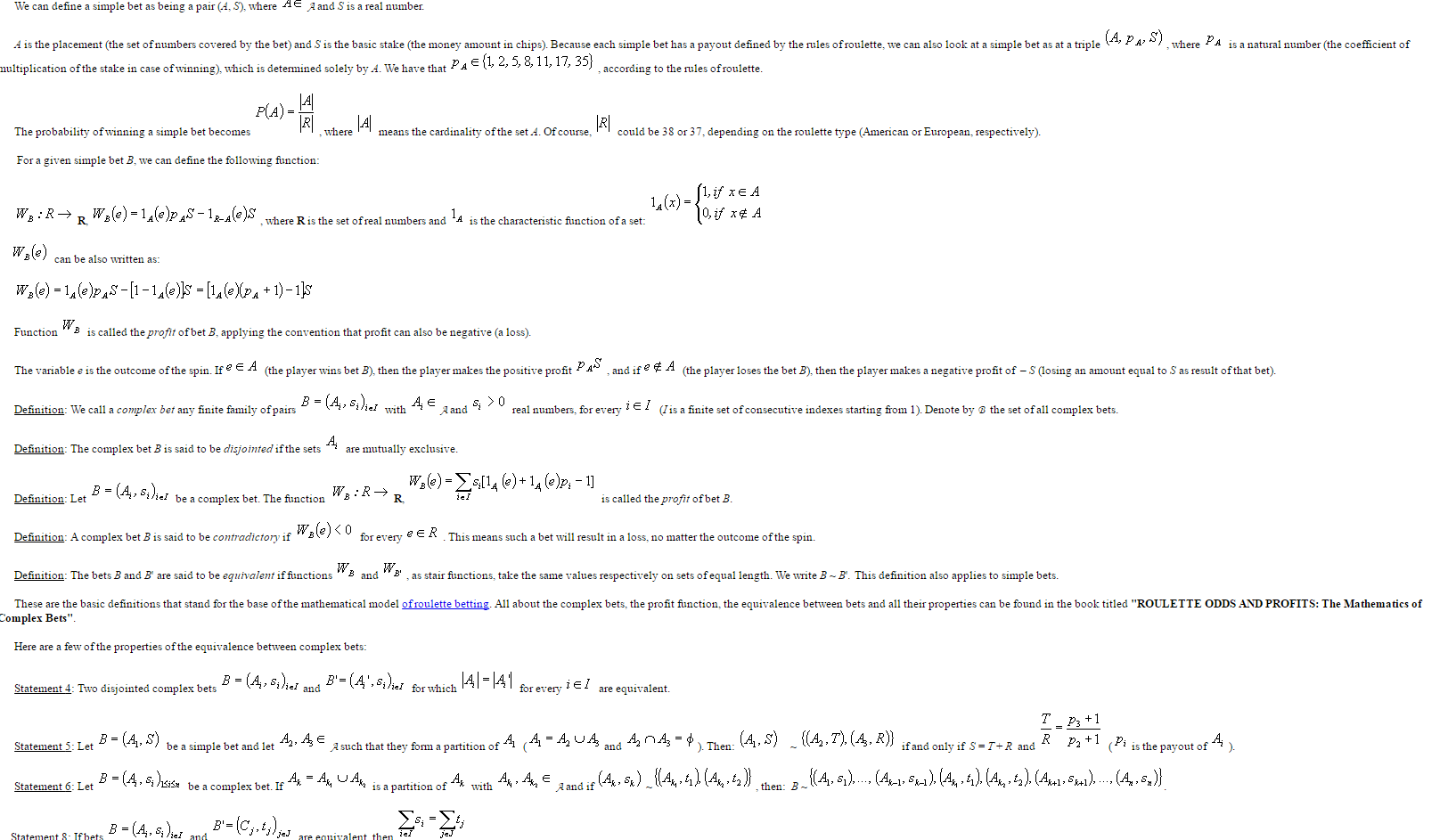There have been many talks, studies and just about anything from a chat over a drink in the local pub to serious scientists conducting even more serious studies about whether it is possible to predict (and therefore – beat the odds) when playing roulette. Even Einstein had a say-so on the topic – “No one can possibly win at roulette unless he steals money from the table while the croupier isn’t looking.” He was a funny guy as we all know. But is that really the case (don’t get me wrong, I am not going to argue with one of the smartest human beings to have ever existed).
With the rise of the internet information is easily available and it is much easier to share knowledge across continents. There are plenty of sites, such as rouletteprobabilities.com that can not only attempt to answers such questions but will also guide anyone through the process of playing the game, regardless of their level of expertise or budget. But the one thing that we all ask ourselves as players is still that – is it doable? To be honest, for me personally, even if it was the case and it was easy to use maths and determine how to swiftly win, I wouldn’t go for it. It simply kills all the charm and the very idea of the game – it should be all up to luck, right? But not everyone is me, so let’s have a look at how far we have got into beating the odds at roulette.
 According to statistics, on average, you will always lose at a 1/19 rate, so for every pound (alright, with this Brexit you should be switching to Euro maybe, cose you’re losing even when you don’t play. I know, I’m so funny. Just a thought) you bet, you will be losing 19. That is based on the American roulette wheel with 38 numbers, including 0 and 00. Then there are the progression schemes – they are used to shuffle around the risk until you don’t notice it anymore. They are pretty much the opposite of a single number bet, so when you place money on a single number, you will usually lose those. But occasionally you will win big. But not big enough to make it worthwhile. Unless you know when to stop. And even if we put maths aside, that’s pretty much the trick. But we are all in for the thrill of it, so it doesn’t really work like this. When you use a progression scheme, you will usually win some money. Until of course you lose big. So big that (you guessed it) it’s not worthwhile.
According to statistics, on average, you will always lose at a 1/19 rate, so for every pound (alright, with this Brexit you should be switching to Euro maybe, cose you’re losing even when you don’t play. I know, I’m so funny. Just a thought) you bet, you will be losing 19. That is based on the American roulette wheel with 38 numbers, including 0 and 00. Then there are the progression schemes – they are used to shuffle around the risk until you don’t notice it anymore. They are pretty much the opposite of a single number bet, so when you place money on a single number, you will usually lose those. But occasionally you will win big. But not big enough to make it worthwhile. Unless you know when to stop. And even if we put maths aside, that’s pretty much the trick. But we are all in for the thrill of it, so it doesn’t really work like this. When you use a progression scheme, you will usually win some money. Until of course you lose big. So big that (you guessed it) it’s not worthwhile.
Now, if you’ve got your head on and you are actually good at maths, here is a treat for you. But for the simple mortals, like myself, let’s find something simpler and more understandable, hey.
One such example is to calculate the number of times that the ball bounces 10 pockets from where it strikes the rotor. Obviously there are many variables to determine how far it will bounce, but you are looking for the most common distance it will travel. This is very basic mathematics but it’s just an example to show how maths is properly used in gambling. You can see it is also connected to physics. A more complex example is how the deceleration rate of the ball will change over time – because of air pressure or movement for example. This is very important for roulette computer devices.
Well, I think I need to stop before my head hurts (which explains clearly why I would rather just play than try to beat any odds). But if this is something that tickles your fancy as a reader – do drop me a line and I will be happy to expand on it and get into more details
